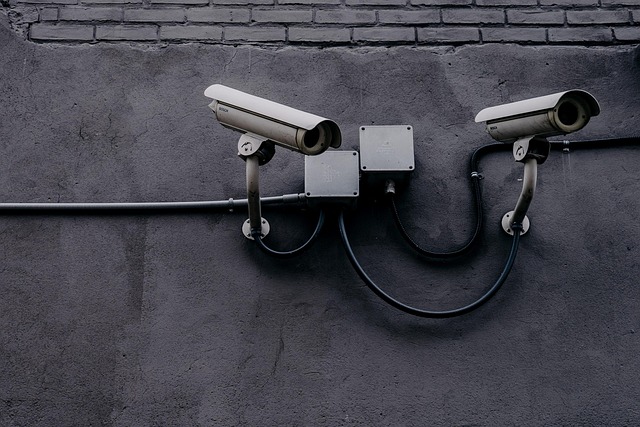The landscape of modern business is dramatically transforming, driven by the integration of intelligent control systems within robotics and artificial intelligence (AI). As companies strive to enhance efficiency and adapt to the fast-paced demands of the market, these technologies offer unprecedented opportunities for innovation and growth.
At the core of this revolution lies the idea of automation. Businesses are actively seeking ways to automate repetitive tasks, reduce human error, and improve service delivery. Intelligent control systems work in synergy with robotics, allowing machines to perform complex tasks with precision and speed. Whether in manufacturing, logistics, or customer service, these systems can analyze vast amounts of data, make informed decisions, and adapt to changing conditions in real time.
Consider the manufacturing sector, where robots equipped with intelligent control systems can optimize production lines. These systems facilitate predictive maintenance, enabling machines to identify potential issues before they escalate into costly breakdowns. By integrating sensors and processing units, robots can adjust their operations according to the rhythm of production, ensuring maximal efficiency and output. This not only minimizes downtime but also significantly cuts costs related to labor and materials.
In the realm of customer service, AI-driven chatbots exemplify the transformational power of intelligent control systems. These bots leverage natural language processing to understand customer inquiries and provide real-time solutions. The result is a personalized experience that meets customer needs instantaneously, reflecting a shift from reactive to proactive service. Businesses equipped with such technologies can build stronger customer relationships, enhance satisfaction, and maintain a competitive edge in their respective markets.
Moreover, the adaptability of intelligent control systems extends beyond simple task execution. They enable organizations to analyze market trends and consumer behavior, allowing for strategic foresight. Advanced algorithms can predict customer demands, recommend product variations, and assist in inventory management. This intelligence allows businesses to respond with agility to market fluctuations, ensuring sustainability and long-term viability in an unpredictable economic climate.
As we increasingly embrace these intelligent systems, the workforce is also evolving. While there are valid concerns about job displacement, many experts advocate for a more collaborative model. Workers are becoming essential partners to their robotic counterparts, overseeing complex operations and honing their roles to focus on strategic decision-making and creativity—areas where human intuition and empathy cannot be replicated by machines. The future of work seems to lie in a hybrid model that combines human insight with machine efficiency, maximizing both capabilities for greater productivity.
The integration of intelligent control systems in robotics and AI is not simply a technological advancement; it is a cultural and operational shift in how businesses function. Organizations that embrace these changes will not only adapt more swiftly to new challenges but also discover innovative ways to engage with their customers and enhance overall efficiency. The possibilities are boundless, representing a new era of business where technology and human intelligence coexist to foster unprecedented growth.



